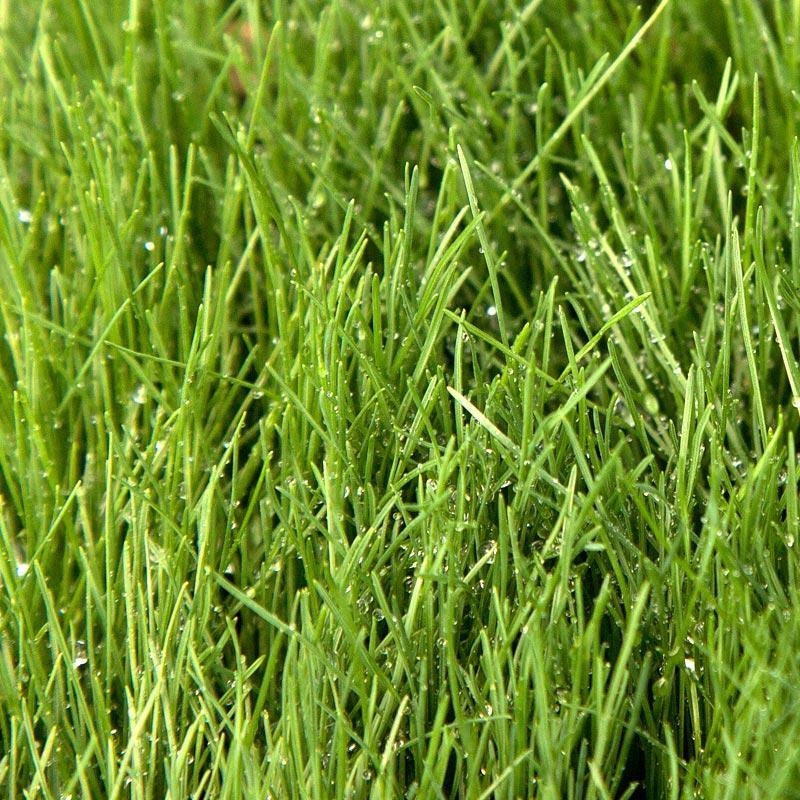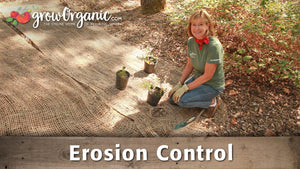Item Number: SCG295
Fescue, Covar Sheep Seed (lb)
Drought Tolerant Dwarf Bunchgrass
Festuca ovina Cool-weather native perennial
Densely-tufted, dwarf bunchgrass adapted to well-drained, medium-textured soils, with 10"-12 minimum rainfall. Good choice for the Pacific Northwest.
- Application Rate: 3-5 lb/1000 sq ft, 10-20 lb/acre
- Inoculant: None needed
- Germination: 7 Days
- Plant Height: 12"
- Days to Maturity: 12 months
- Uses: Erosion control, companion grass for wildflowers
- Facts to Note: Drought tolerant and able to take partial shade, low fertility, and shallow soils. In range plantings, it is a competitive understory grass. Not a primary forage producer but readily grazed by sheep (not cattle or horses). Good companion grass for wildflowers. Easily established in spring or fall, when nights are cool. Protect from weed competition for 1-2 years.
Check Your Zone Compatibility:
Compatible with your zone.
Growing Zone for

Our Guarantee To You
Since 1976, we've served our customers at every stage of growing. Please contact us at any time. We are happy to support and assist you.
Shipping Information
Shipping Information
Shipping Weight: 1.1 lb
Dimensions: 7.5"L x 7.0"W x 2.0"H
Features
Features
- California Native
- Cold Hardy
- Down to 25°F
- Easily Established
- Germination in Soils
- Shade Tolerant
- Somewhat Drought Tolerant
- Tolerates Mowing/Grazing
Characteristics
Characteristics
Use Instructions
Use Instructions
Useful Information
Useful Information
Guarantee
Guarantee
Share

I came across Sheep's Covar Fescue while searching for a drought tolerant, shade tolerant, low-growing substitute for lawn grass that would need no mowing and require minimal irrigation. I live in the hot, dry Sacramento Valley, in the midst of a severe drought. I planted in early spring 2021 in two areas, one with straight fescue seed, one area mixed with 50 % white Dutch clover. I watered it weekly through the first summer to get it established. It grew slowly but beautifully, although would have done better with less clover, like maybe 20 % clover seed. My hope and intention was that once established it would need no irrigation, as we live in fear that our well will run dry. Turns out I was wrong. The area planted with clover I have not watered this summer and it is now completely brown, with a dry mulch of dead clover and fescue covering the ground. I hope it will come back with autumn rains (if we get them), but fear that I have lost both the clover and the fescue. Time will tell, and I invite educated opinions.
Appears vibrants and works well as hillside cover to forestall erosion, taking root easily after a good rainfall. Will probably order more for any bare spots I missed.
I needed this seed in a short time frame, my farm is 600 miles away. They were able to accommodate my itinerary and got the seed delivered to meet my travel schedule.
As a prior reviewer states, "small seed" and "eyelash" germination. But the tiny tuffs of grass are dense, spreading, and hardy. I sowed in marginal soils at 7,640' elevation where it's dry and very cold during the winter. It takes a few years, but I prefer the overall look of this grass. Don't know whether it will require mowing once it fills in. Further, the deer don't seem interested, so it's not attracting them like other varieties of fescue.
I may give this a higher rating after the seed has more time to get established. Initially, I am satisfied.
We broadcast the Covar Sheep Fecue, mixed with rice hulls to provide more bulk ( the seeds are very small), in late spring. Seeding should probably be earlier, but we got a late start.
I then lightly harrowed the ground with a chain harrow upside down (teeth pointing up). The seeds are so small that you don't want to bury them too deep. Fortunately, we have irrigation water and were able to irrigate the field of abused ground we are trying to rehabilitate. BEWARE - the initial seedlings are TINY and hard to spot. We were beginning to think we had a failure, but finally started spotting the initial blades of grass - about the size of an eyelash. After 3 months, we now have clumps (it is a bunch grass) from 1 to 2 inches high. It might be better to seed in late fall, especially if you get late fall/early winter rains. I may experiment with some overseeding this fall in order to cover some thin spots and to increase the overall plant density. If you google Covar Sheep Fescue, there is a USDA paper and a paper from WSU with pretty good information about the seed/plant/grass.


